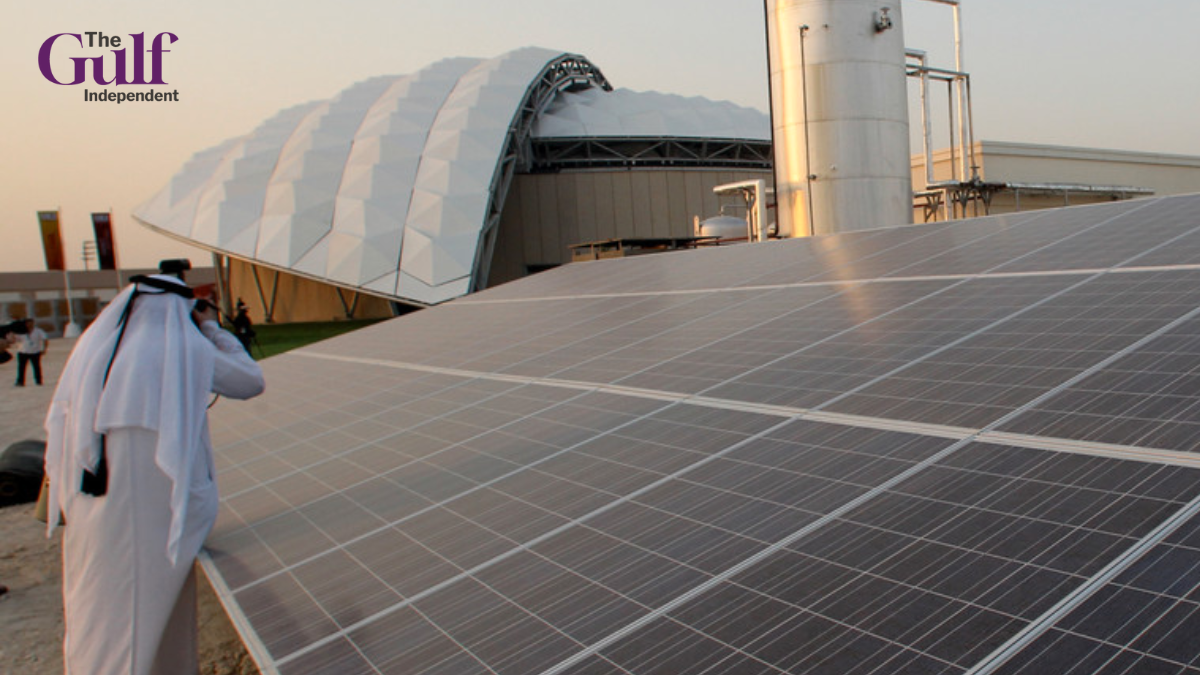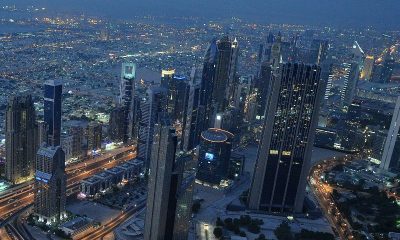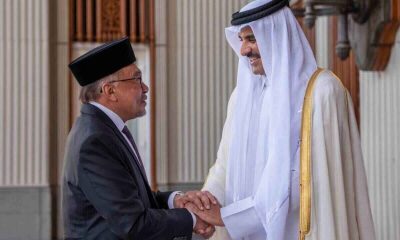Ties between the European Union and the Gulf Cooperation Council (GCC) have long been sturdy in a number of different fields, including geopolitical, security and economic.
But now it seems there is another opportunity and an incredible common ground for the EU to strengthen its relations with the members of the GCC – Saudi Arabia, Qatar, Kuwait, Oman, Bahrain, and the UAE. The concept is nothing other than ‘renewable energy and climate change’.
While positive partnerships already exist between the two parties in several critical areas, renewable energy is expected to help the European leaders keen to build stronger ties. The reasons are innumerable.
Abundance And Determination Take Centre Stage
Let’s start with abundance.
The Gulf has always been known for its fossil fuel reserves. But the region is also a great source of renewable energy sources, including solar and wind. For instance, Jeddah, Dammam and Riyadh – three of the largest cities in Saudi Arabia – receive an average daily irradiation of 5.78 kilowatt-hours per square metre, generously more than the global average.
The second factor is the region’s determination to address climate change.
Members of the GCC want to restructure their carbon-driven economies. They strongly believe avoiding action on climate change is no longer possible. Their growing focus on technologies like carbon capture and storage is quite evident, and so is their attention to projects and initiatives related to renewable energy.
The concept of sustainability isn’t new. But it’s still extremely underrated. The EU can make use of this concept to strengthen its cooperation with the Gulf nations – and consequently, ensure fluctuations related to the energy process do not exist. Price fluctuations in the energy sector have made the development of domestic, knowledge-based industries an urgent necessity.
ALSO READ: Persian Gulf Region Transcends Mere Dialogue, Progresses towards Collaboration
EU Realises GCC Has Become A Significant International Player
In the past few years, the EU appears to have come to the realisation that the Gulf region has become a significant international player that is capable of introducing major positive changes, both regionally as well as globally.
The European Commission has certain interesting figures to boast about.
- The EU was the number one import partner of the GCC as 17.8% of the region’s imports in 2020 came from the bloc.
- In the same year, 6.9% of the GCC’s exports reached the EU, making the bloc the fourth-biggest export partner of the Gulf Cooperation Council.
- Total trade in goods between the two parties amounted to a whopping €97.1 billion in 2020.
- The EU’s exports were worth €67.5 billion, led by chemicals, agriculture and raw materials, and machinery and transport equipment.
- The bloc’s imports totalled €29.6 billion, dominated by fuel, chemicals and mining products.






















